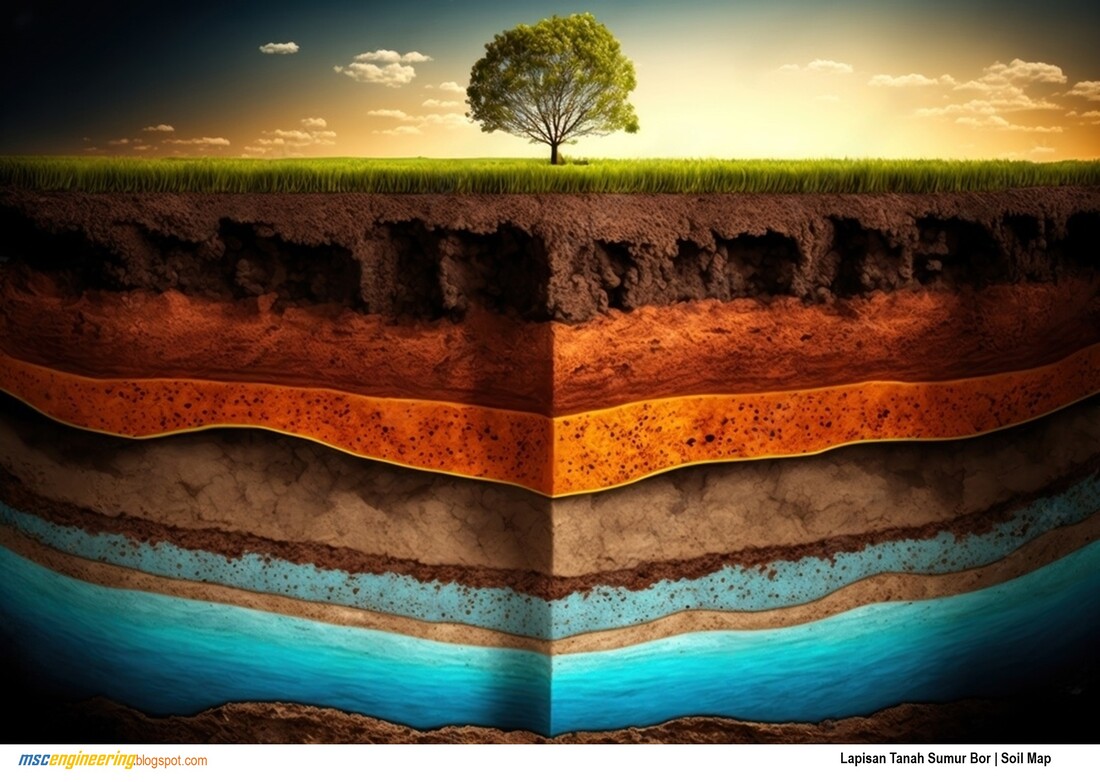
Overview Geotechnical engineering plays a critical role in the planning, design, and execution of infrastructure projects such as buildings, bridges, roads, tunnels, and dams. It involves assessing the properties and behavior of subsurface materials to determine their suitability for construction and to mitigate potential risks. Key Responsibilities:
Skills and Education A career in geotechnical engineering requires a strong foundation in mathematics, geology, and engineering principles. A bachelor's degree in civil or geotechnical engineering is typically required, with advanced degrees and professional certifications offering further specialization and career advancement opportunities. Geotechnical engineers must possess expertise in geotechnical investigation techniques, laboratory testing, and geotechnical analysis software. They should have a comprehensive understanding of soil mechanics, geotechnical principles, and the application of relevant codes and standards. Importance of Geotechnical Engineering Geotechnical engineering is crucial for ensuring the stability, safety, and longevity of structures. By understanding soil behavior and its interaction with structures, geotechnical engineers help prevent ground failures, foundation settlements, and other geotechnical-related problems. Through their expertise, geotechnical engineers minimize risks associated with construction in challenging soil conditions. They contribute to the development of sustainable and resilient infrastructure, considering factors such as soil erosion, groundwater management, and environmental impacts. Conclusion Geotechnical engineering is an essential discipline within civil engineering that focuses on understanding and managing the behavior of soil and rock. By applying scientific principles and engineering techniques, geotechnical engineers ensure the safe and efficient design, construction, and maintenance of infrastructure projects. Their work spans from conducting site investigations and analyzing soil properties to designing foundation systems and addressing geotechnical hazards. Through their expertise, geotechnical engineers contribute to the successful realization of infrastructure projects while ensuring their long-term stability and resilience. The importance of geotechnical engineering lies in its ability to mitigate risks associated with ground conditions, provide sustainable solutions, and create a solid foundation for the built environment. With their knowledge and skills, geotechnical engineers play a pivotal role in shaping a safer and more resilient world.
0 Comments
Leave a Reply. |
|
 RSS Feed
RSS Feed
